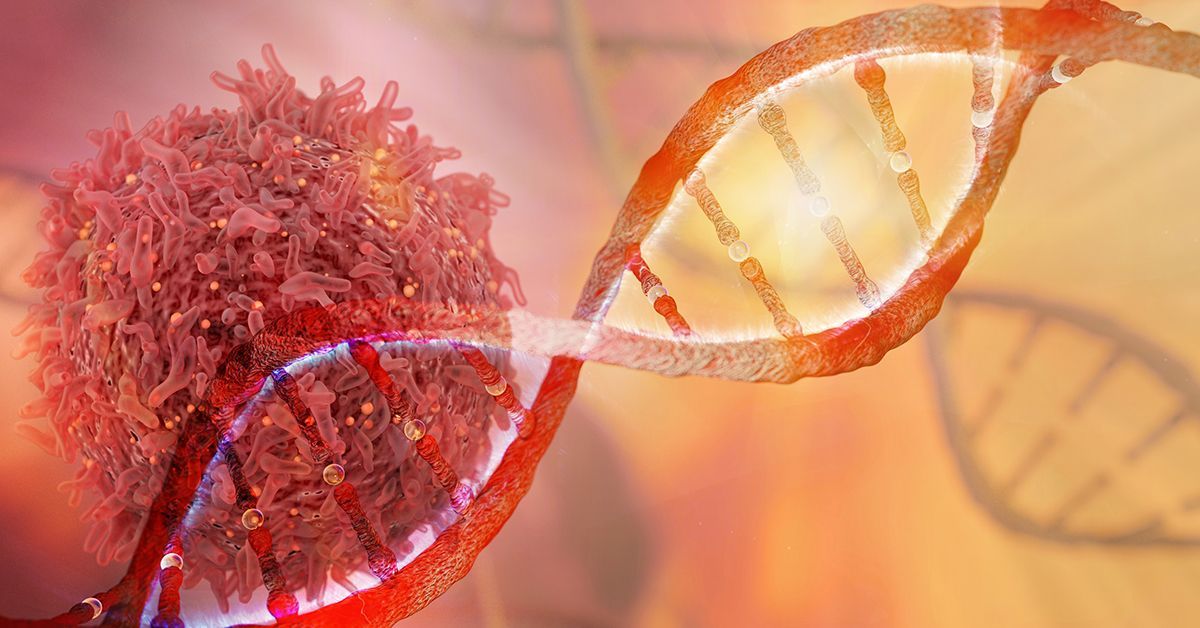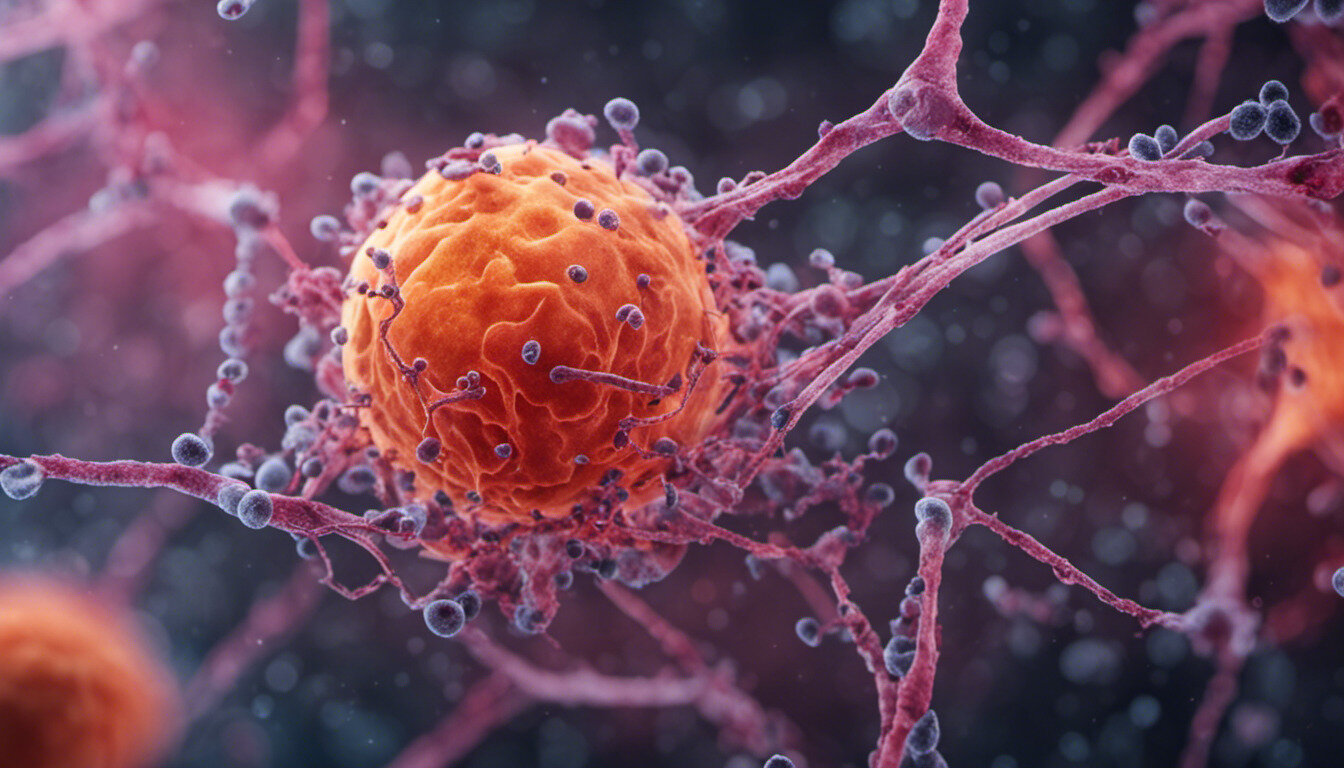An international team of scientists has developed a new technology that can help detect (or even treat) cancer in hard-to-reach places, such as the colon.
The team has published a paper in “Science” detailing the technique, dubbed CATCH, or cellular assay for targeted, CRISPR-discriminated horizontal gene transfer. In their lab experiments, the scientists utilized a species of bacterium called “Acinetobacter baylyi”.
This bacterium has the natural ability to take up free-floating DNA from its surroundings and integrate it into its own genome, allowing it to produce new proteins for growth.
The scientists engineered *A. baylyi* bacteria to contain long sequences of DNA that mirror the DNA found in human cancer cells.
These sequences act as one-half of a zipper that locks onto captured cancer DNA.
For their tests, the scientists focused on the mutated KRAS gene commonly found in colorectal tumors.

When an “A. baylyi” bacterium encounters mutated DNA and integrates it into its genome, a linked antibiotic resistance gene also gets activated.
This activation is what the team used to confirm the presence of cancer cells: only bacteria with active antibiotic resistance could grow on culture plates filled with antibiotics.
Although the scientists successfully detected tumor DNA in mice injected with colorectal cancer cells in the lab, the technology is not yet ready for actual diagnosis.
The team is still working on the next steps, including improving the technique’s efficiency and evaluating how it performs compared to other diagnostic tests.
“The most exciting aspect of cellular healthcare, however, is not in the mere detection of disease. A laboratory can do that,” Dan Worthley, one of the study’s authors, wrote in “The Conversation”.
In the future, the technology could also be used for targeted biological therapy that deploys treatment to specific parts of the body based on the presence of certain DNA sequences.
